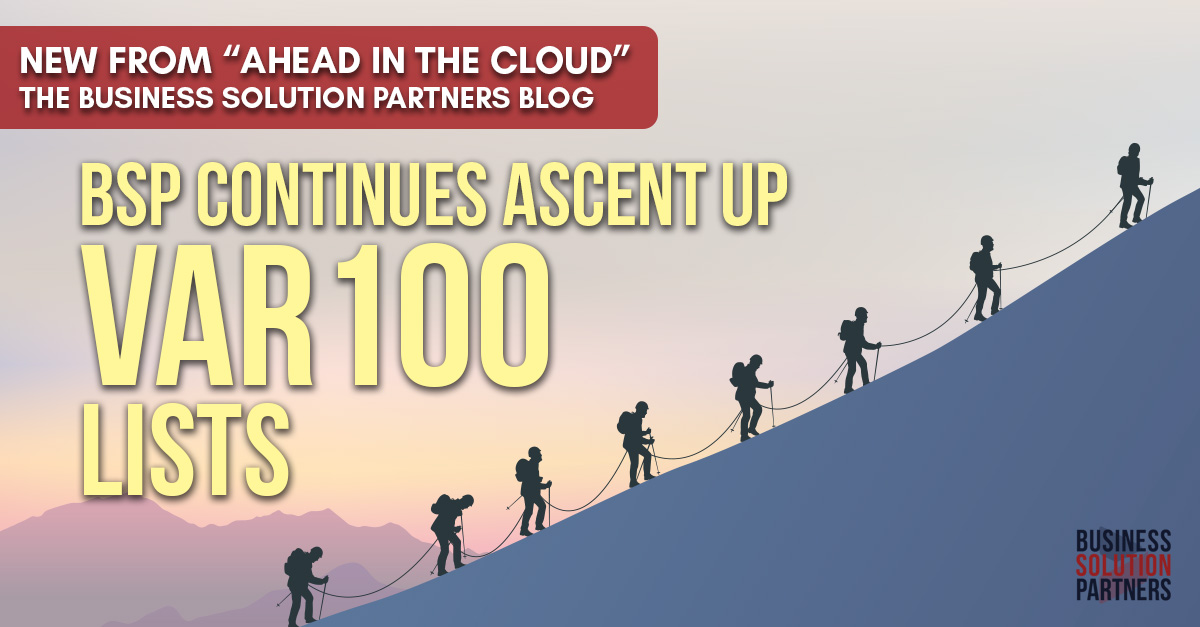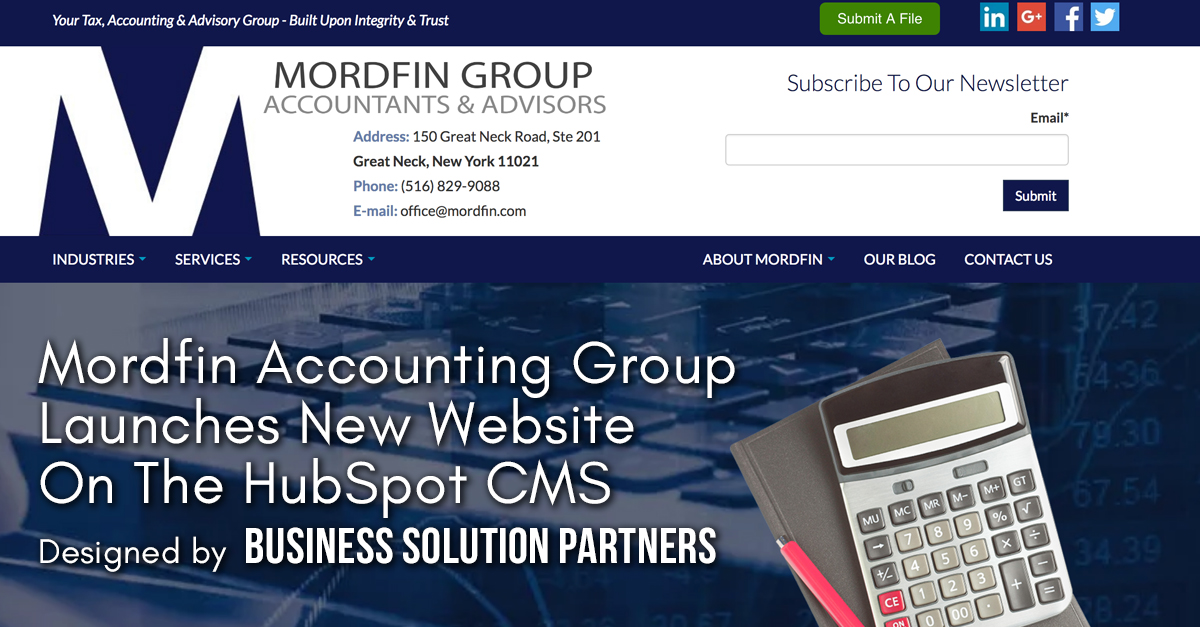BSP Continues VAR100 Climb
Business Solution Partners (BSP) continues to ascend the rankings of two important lists that highlight the size and scope of Financial Technology...
1 min read
FullQuota Editor : Jan 14, 2014 12:00:15 AM
Cloud accounting systems can drive greater efficiency by streamlining processes and enabling distributors to maximize the power of data.
Cloud solutions allow businesses to eliminate manual activities and receive real-time visibility into important information. Benefits of the software include improved business performance, better accountability and customization capabilities.
Here are three key features of cloud software, as outlined on the NetSuite website.
The system supports accounting compliance by constantly tracking changes and entries, and it will also monitor data to ensure applicable accounting regulations are being met. In addition to reducing the chances of mistakes being made, eliminating manual processes enables companies to close the books faster, and reconciliation time will drop dramatically since the financial data is always current.
Another crucial component of such systems is that they break down silos to create a centralized repository of information. Disparate systems show different versions of the truth. An integrated approach, meanwhile, enables businesses to consolidate data so there’s a single version of the truth.
In other words, it puts everyone on the same page, leading to greater efficiency and effectiveness. Businesses reduce errors and improve productivity when all departments work with the same sales, financial and customer information.
At the end of the day, you want an accounting system that’s going to work for you, rather than the other way around. Far too much time and effort goes into manually inputting data and initiating processes that could be done automatically. By leveraging a cloud accounting system, companies can achieve more efficient operations and become more productive.

Business Solution Partners (BSP) continues to ascend the rankings of two important lists that highlight the size and scope of Financial Technology...

It's out with the old and in with the new... On September 12, 2017, The Mordfin Group officially launched their web2.0 updated website - hosted and...

Business Solution Partners is proud to be recognized by Accouting Today Magazine for our contributions as a Value Added Reseller (VAR) to the...